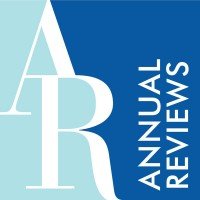
Evaluability assessment, also commonly known as exploratory evaluation, has assisted the field of public health to improve programs and to develop a pragmatic, practice-based research agenda. Evaluability assessment was originally developed as a low-cost pre-evaluation activity to prepare better for conventional evaluations of programs, practices, and some policies. For public health programs, however, it serves several other important purposes: (a) giving program staff rapid, constructive feedback about program operations; (b) assisting the core public health planning and assurance functions by helping to develop realistic objectives and providing low-cost, rapid feedback on implementation; (c) navigating federal performance measurement requirements; (d) translating research into practice by examining the feasibility, acceptability, and adaptation of evidence-based practices in new settings and populations; and (e) translating practice into research by identifying promising new approaches to achieve public health goals.